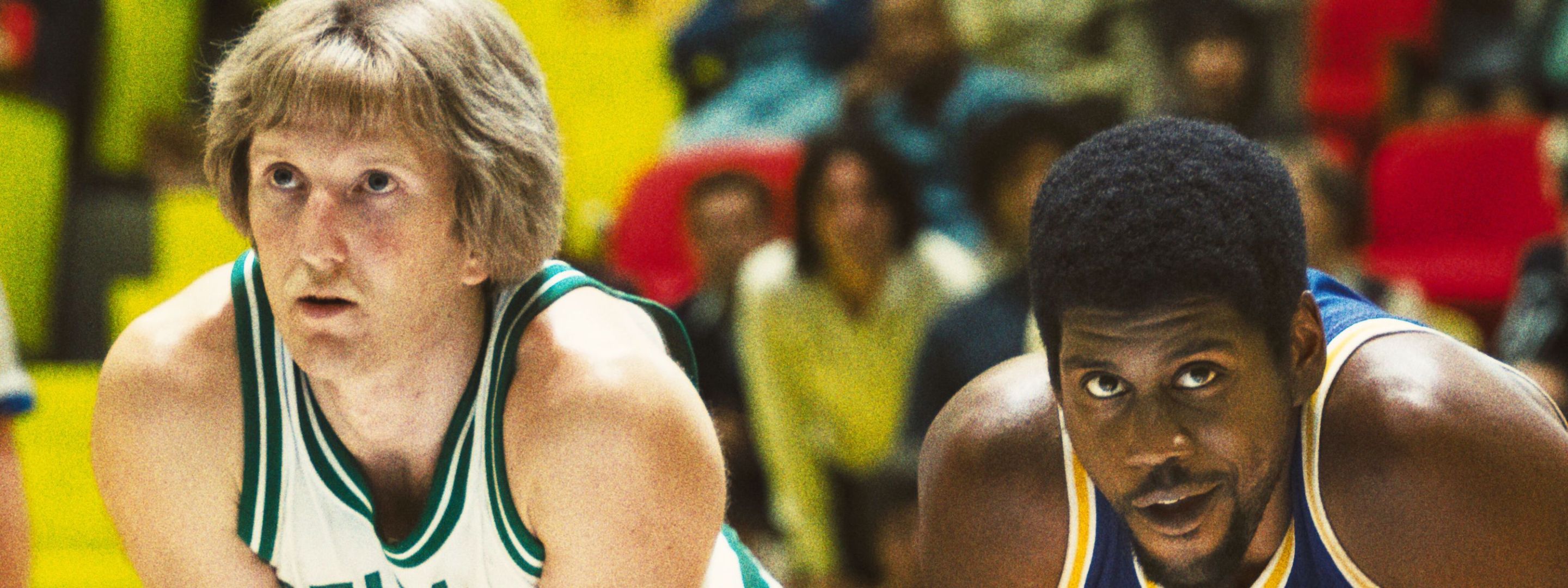Winning Time, the HBO series about the Buss family and the emergence of the Lakers dynasty, returns for its second season tonight. I am happy to report that it's still bonkers, still ridiculous, and still just as liberal with the truth as it was in its first season. If anyone thought the outcry from 1980s Laker greats and a lawsuit from Jerry West might deter or even dim the show's more excessive and outlandish bits, don't you worry. Winning Time hasn't learned a single lesson.
If the first season somehow left any doubt, the second makes clear that the creative team behind Winning Time are not married to things like "the facts of what actually happened," and much less interested in the nitty-gritty than they are in the personalities of the players and Jerry Buss himself. The show, from the first moments of the first season, takes those personalities and then turns them up to 11, and then unfolds entirely in the red. So Magic Johnson's reputation as a world class philanderer gets pumped up to absurd levels, Kareem's crabbiness gets turned up, Jerry Buss's myriad of flaws also get dialed up whenever necessary and wherever possible.
This can be entertaining, certainly, and the fun of seeing all this already-cartoonish stuff elevated even further is probably the best reason to watch Winning Time. But it can also work against the show when it comes to its week-to-week storyline. The main example of this, in season two, is Magic's storyline. The season picks him up fresh off his stellar Game 6, which helped the Lakers win their first of five '80s titles and won Johnson himself the NBA Finals MVP. It's about as high a point as any NBA player could have, but the show doesn't do him any favors. He is depicted primarily as a prima donna—selfish, self-centered, childish, and there's also the whole world-class philanderer thing. It's hard to like Magic much as a character this season if you have no prior relationship to the actual player. As a result, it's not always fun to watch him whine and pout and, more shockingly, demonstrate a real lack of basketball IQ throughout this season.
It's not that the show should be easier on Magic or any of the athletes depicted, exactly. It's that, in its love of excess, it declines to capture them as anything other than cartoons. Even if you can accept that Winning Time chose this kind of overstatement as a hallmark, there's something exhausting about everything happening and everyone behaving at the same level of excess. There's no doubt that many of the things depicted did happen, even if they didn't happen quite the exact way they're shown onscreen, but the flattening of everyone and everything involved in the show into a caricature does everyone here a disservice. I mean, of all the things you can question about Magic Johnson, his basketball IQ shouldn't be one of them.
There are still threads throughout the season that work really well, though. Larry Bird becomes more of a focal point in the middle part of season two, and this time the extra attention humanizes season one's villain a little bit. The Succession games between the Buss children are fun, maybe because that sort of rich-kid hijinks lends itself to this kind of approach. But for the most part a lot of the second season feels flatter than the first.
A big part of that comes from the way the show flattens its timeline in season two. In an effort to get to the Lakers' first meeting against the Celtics in the 1984 NBA Finals, the show condenses the time between the end of the 1980 Finals and the end of those '84 Finals into seven episodes. This attempt to scroll through half a decade of NBA history in x16 speed can't help but enhance the caricaturing of all the characters, and makes the season feel more like a series of montages rather than a coherent storyline. More so than in the first season, it's not hard to understand why so many of the real-life corollaries might feel misrepresented by the show.
And yet, when I wrote about the first season of Winning Time, I wrote about it in opposition to the rising crop of athlete-branded documentaries that both felt and served more like commercials than journalistic endeavors. Since that time, things have only gotten worse with these documentaries; along with all the athlete podcasts out right now, the glut of self-serving sports media is enough to make me want to beg the Winning Time writers' room to expand into satirizing the entire sports industry. More and more, Winning Time stands out as a stark contrast to self-aggrandizing faux-motivational athlete branding. Anything between these two extremes is growing more and more scant, and if the choice is only between these two outlooks on sports and athletes—between one cartoonish vision and another, basically—then Winning Time at the very least seems like less of an insult to the audience.






